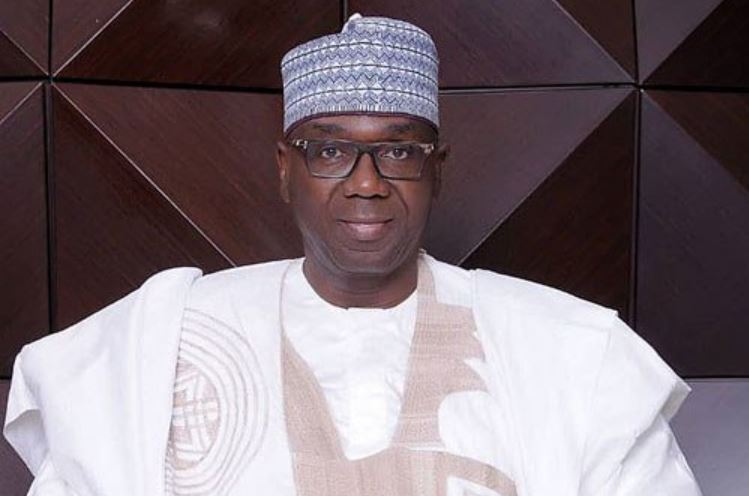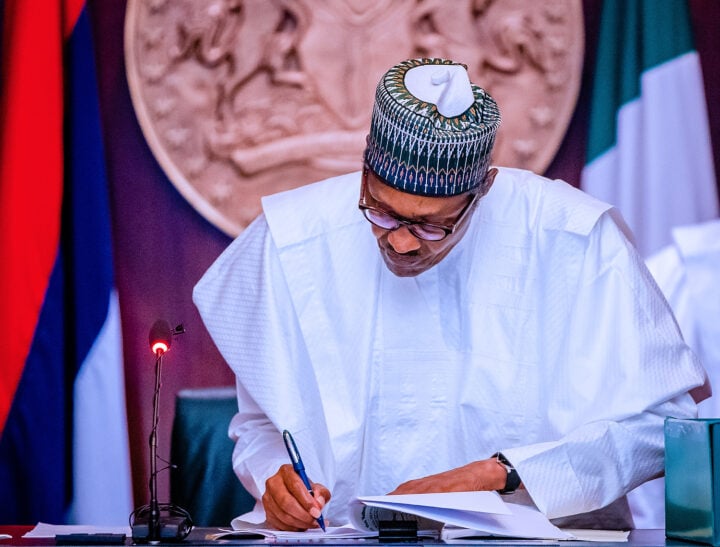BY BEM IBRAHIM GARBA
The term Cabotage originates from the French word “caboter” which means to sail along a coast. From a legal perspective Cabotage refers to principles that assure a country’s citizens of opportunities to participate in trades that are domestic to that country especially when the capability to do so exists.
A country’s Cabotage Act protect the country’s economy by developing its indigenous merchant navy and building a capable maritime labour force (seafarers), while enhancing its National Security. This explains why over 47 maritime nations the world over have various variants of the law restricting foreign participation to domestic coastal trades.
The Economic Benefits of a Strongly Implemented Cabotage Act to Nigeria
Strongly implementing Nigeria’s Cabotage Act will improve the economic wellbeing of many Nigerian businesses.
Advertisement
• Indigenous ship managers would secure more contracts from oil majors and other clients that would enable them to develop the cashflows and balances needed to acquire new ships growing amount of tonnage owned locally, bearing in mind that should we have a national emergency or national security issue, Nigerian owned boats instantly become a part of our national security architecture.
• The local supply of shipbuilding and ship repair skills would also grow as the local demand for these skill increase.
• The revenues earned from freight and other maritime support services provided locally are subject to local taxes. Freight paid to foreign companies promotes capital flight.
• Strongly implementing Nigeria’s Cabotage Laws ensures that more Nigerian seafarers are employed and trained. Keeping these men and women gainfully employed and well trained assures Nigeria of a very strong, valuable resource during times of emergency. They are a key part of our national security architecture.
The National Security Benefits of a Strongly Implemented Cabotage to Nigeria
In times of peace or conflict, a healthy Nigerian owned fleet plays a major role in maintaining Nigeria’s economic security through the control of our transportation requirements and the supporting infrastructure. Nigerians know that Nigeria currently survives on imported fuel, imported food, imported medicine, imported raw materials, imported energy, imported cars, etc. What many Nigerians do not realize is the danger we face should international politics prevent foreign owned ships from transporting these consumables that we depend on daily.
Advertisement
The above threat is possible and as a matter of urgency, we must begin to aggressively drive the growth of our indigenous fleet. With this we must also aggressively pursue the development of world class ship architecture, building and repair capabilities. Should these resources ever be needed, they should already be available to mobilized from our indigenous industry to repair, convert and build or modify boats for our military use.
At the moment we do not seem to understand and appreciate the value of the Nigerian seafarer. During times of emergency or war, these men and women who beg to be gainfully employed and trained today, will become a critical resource to support our conventional navy, and our national security architecture.
This country needs professionally trained sailors who would at the shortest notice support and complement our military efforts. Recent examples of these types of collaborations between merchant navy’s and conventional navies were seen during the Gulf wars when 95% of equipment, supplies and fuel used in that war by US troops were transported by sea to the theater.
US flagged merchant ships carried 80% of that cargo, in record time, with near perfect safety records. This is one very good example of how a healthy merchant navy when tasked can augment a government’s strategic sealift forces.
Advertisement
The Cabotage Act and Nigeria’s Future
Nigeria’s Cabotage Act offers a clear path to redirecting the flow of foreign exchange earnings from capital flight to the FIRS. This Act provides a clear path to increasing the employment and training opportunities for Nigerian seafarers, at the same time creating income opportunities for 1,000s of Nigerians who will provide ship support services across the country.
Aggressively implementing Nigeria’s Cabotage Act is critical to Nigeria’s economic and national security wellbeing. We must work to regain the undue advantage that we have unconscientiously handed foreign governments over our economy and our national security.
I would strongly suggest that with the President’s recent approval to re-engineer the country’s national security architecture, The National Security Adviser’s Office, NIMASA, and the Ministry of Finance further explore collaborative ways to actualize the benefits that accrue to Nigeria from the effective implementation of our Cabotage Act.
Advertisement
Garba is the MD/CEO of GOG Marine Ltd and can be reached via [email protected]
Advertisement
Views expressed by contributors are strictly personal and not of TheCable.
Add a comment






